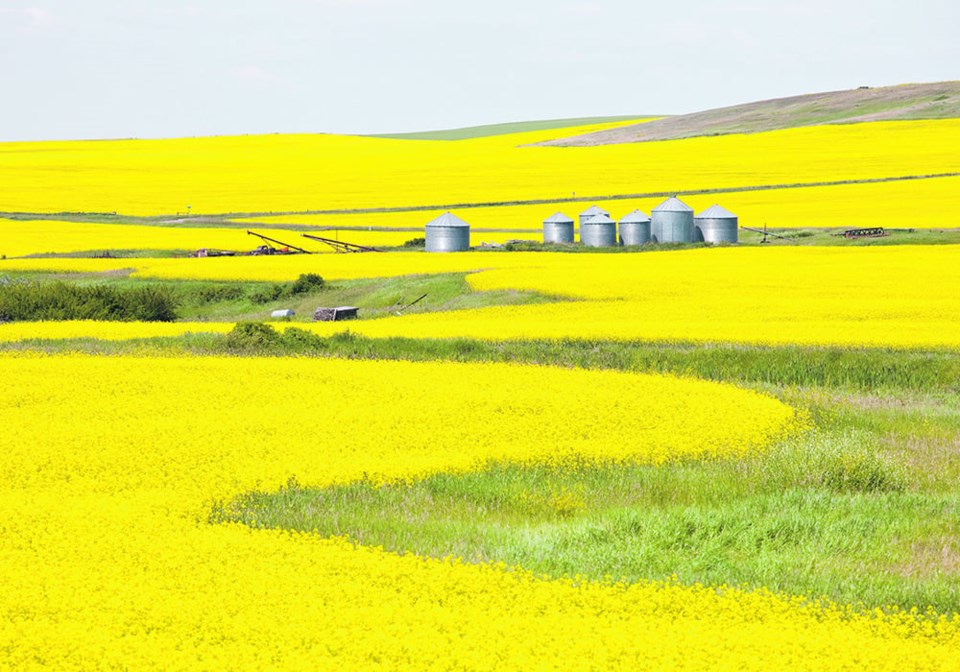You could argue that Canada’s federal, provincial and territorial ministers took some of the fun out of following policy development when they signed the first Agricultural Policy Framework back in 2003.
At least that’s from the perspective of reporters, who had grown accustomed to the posturing of farm organizations, the provinces and the feds over how government support would be doled out between competing sectors and regions, often on an ad hoc basis. Keeping up with all the acronyms that came with each program was a chore in itself.
Now into its fifth edition, the framework has suffered through testy negotiations and is by no means a perfect solution to the complex issues facing agriculture in this country.
But it has proven adaptable in rapidly changing times, enduring as a beacon of stability built upon stakeholders’ commitment to fostering sustainable growth in a sector of fundamental importance to Canada’s economic and food security.
It’s a notable accomplishment in a policy area governed by both the provinces and the federal government.
“The shared jurisdiction can be complicated by the regional nature of Canada’s agri-food system, where the federal government’s desire for strong national programs may not align with the distinct nature of provincial agri-food systems,” states a research brief prepared by the Canadian Agricultural Policy Institute a couple of years ago.
CAPI just released another discussion document highlighting some vulnerabilities that are surfacing as federal efforts to address climate change shift into high gear.
Western provinces’ pushback against carbon pricing, and more recently fertilizer emission targets, illustrate jurisdictional flashpoints created when environmental policy intersects with agriculture.
“… With agriculture an area of formal responsibility for both federal and provincial/territorial governments, and with provinces/territories and federal governments active with resources in environment, it begs the question as to how governments will work together to create traction for the Sustainable Agriculture Strategy and achieve meaningful results,” notes the CAPI report prepared by University of Toronto political scientist Grace Skogstad.
“There are potent obstacles to collaboration, including existing agri-environmental policies, differences in priorities and regional contexts and political positioning,” she warns.
To be successful, a strategy must reduce the sector’s greenhouse gas emissions, reduce impact of climate change on farmers and build upon the sector’s potential as a part of the solution.
Many farmers doubt reduced emissions are compatible with the push to increase production. Industry and scientists are also skeptical the sector can achieve net zero.
The CAPI paper outlines three steps to foster the culture needed to make the sustainability goal a reality.
Provinces should have a role in setting agricultural sustainability standards and targets — not merely be informed about them. The feds must foot a large portion of the costs of implementation and enforcement, and any standards set must support competitiveness and access of Canadian agri-food products to international markets.
We suggest a fourth: if farmers are to be part of the solution, they must be part of the dialogue.
Industry and governments’ collaboration on climate change policy might be a little less entertaining for reporters, but the need to find a common path forward has never been greater.
Karen Briere, Bruce Dyck, Barb Glen and Mike Raine collaborate in the writing of Western Producer editorials.




